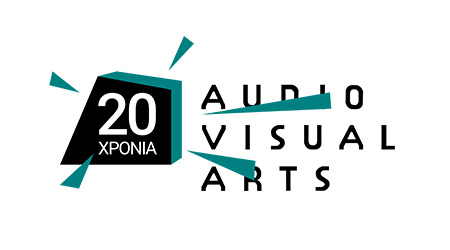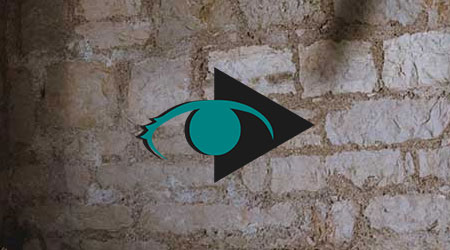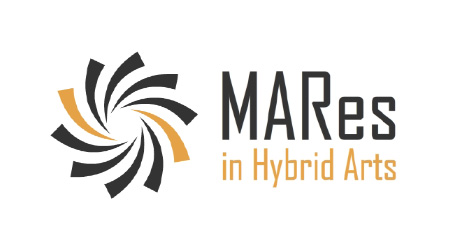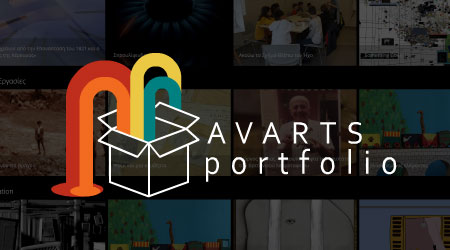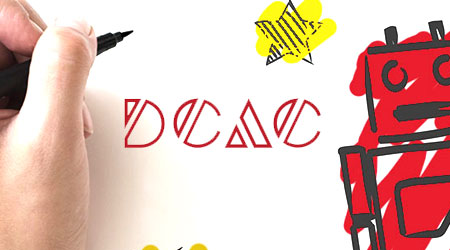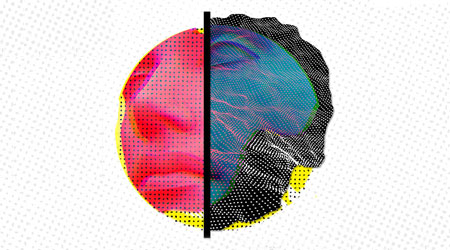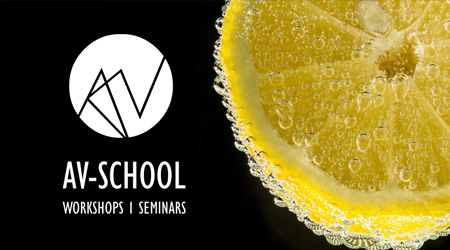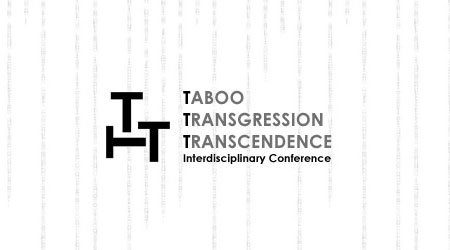Art of Sound
Teaching Staff: Loufopoulos Apostolos
Course Code: AUD723
Course Category: Specific Background
Course Type: Elective
Course Level: Undergraduate
Course Language: Greek
Delivery method: Lectures
Semester: 7th
ECTS: 7
Teaching Units: 4
Teaching Hours: 4
E Class Page: https://opencourses.ionio.gr/courses/DAVA163/
Teaching Structure:
| Activity | Semester Workload |
|---|---|
| Lectures | 26 |
| Tutoring Lectures | 26 |
| Literature Study and Analysis | 80 |
| Practice and Preparation | 43 |
| Course Total (ECTS: 7) | 175 |
Recquired / Recommended : (AUD221), (AUD321)
In this course students familiarize with the art of sound through new aesthetics and artistic tendencies, autonomously or in combination with other arts. Sound is approached as 'sound shape' and its methods of description and terminologies related to other arts as well. The potentiality of expressiveness is explored through live sound systems (live electronics) and/or organized sound structuring through the computer (offline creative process), where sound techniques are explored practically (sampling, mixing, micro-montage, pitch shifting/bending, granulation, convolution, resonance etc) aiming at the artistic creation by the students. On this practical basis, students are trained with regard to creative choices and methods. The course includes a final project (work of sound art, autonomous or in combination wit visual elements - videoart).
The course aims at the understanding of modern aesthetics, methods, and ways of appreciation and description of sound, with regard to experimental sound creation. Through listening to works of art of sound and discussion, students familiarize with the above at a theoretical / philosophical level, creating potentiality to develop their own artistic aesthetic and language. Through practical exercises students are trained in the use of techniques and the evaluation of creative choices, determinant for artistic creations and/or their embodyment into wider audiovisual artistic genres. Personal creative projects give students the opportunity to develop their own language, which is encouraged by the freedom of artistic expressiveness and sound development.
1st Week: Introduction, course description, terminology.
2nd Week: Historic background: new aesthetic of the 20th century, new Arts and experimental mediums, technological progress, aesthetic correlation, modern artistic tendencies. Listening and video examples
3rd Week: Sound shape and description methods. Relation to the art of drawing shapes.
Practise: experimentation with sounding objects (A), recording sounds in class.
4th Week: Mediums of sound experession, electronic music intruments, DIY systems.
Practise: experimentation with sounding objects (B), recording sounds in class and in the field.
5th Week: Live electronics and artistic sound creation. Free and structured improvisation, combined performance (ensembles), solo performance, sound interaction.
Practise: experimentation with sounding objects (C), recording sounds in class and in the field. Classification.
6th Week: Sound structuring through software (offline processing). Categories of sound production digital mediums and artistic choices for the creation of micro-structures / sound samples. Software examples
Practise: examples of audio editing
7th Week: Sampling, mixing, micro-montage
Practise: editing sounds through a sampler, examples of different sound-types and software.
Progress essay: creation of micro-structures from sounds recorded in the class.
8th Week: Combination with moving image (sound art - video art). Theory and examples. Stereo and surround sound.
Practise: creation and editing of sound samples for combining sound with video.
9th Week: Specialised software for sound synthesis and editing. Applications fro time stretching, pitch shifting/bending, doppler shifter, granulation, convolution, resonance. Synthesis and editing through graphic representations.
Practise: listening and supervision of projects.
10th Week: Listening, analysis of works of sound Art.
Practise: Student presentations (A): supervision of works, exchange of ideas, discussion.
11th Week: Listening, analysis of works of sound Art.
Practise: Student presentations (B): supervision of works, exchange of ideas, discussion.
12th Week: Revision, listening of final projects
13th Week: Presentation / projection of student works in the form of artistic event (concert, expedition).
Emmerson, S. (1986). The relation of language to materials. In The Language of Electroacoustic Music (ed. S. Emmerson), pp. 17-39. Macmillan Press, Basingstoke.
Lotis, T., Diamantopoulos, T., 2015. Music Informatics and Music with Computers. Athens, Academic Publishers. http://hdl.handle.net/11419/4920
Smalley, D. (1986). Spectro-morphology and structuring processes. In The Language of Electroacoustic Music (ed. S. Emmerson), pp. 61-93. Macmillan Press, Basingstoke.
Theoretical lectures are given through multimedia presentations, which are available through the e-class platform. On a practical basis, recordings are made in class, through sonic exploration of sounding objects that students bring in class, but also in the field. Students are encouraged to edit this material and create their personal compositions as final projects. Student projects are performed in class on a weekly basis (progress), usually through multichannel sound diffusion system. Additional recordings are made throughout the semester, to enhance the experiential approach and provide students with new sound material for their projects.
Enhanced by multimedia content.
The learning process is supported by the asyncrhonous e-learning platform e-class.
Examination involves the evaluation of a final project (work of sound art, and series of transformed sounds) which is given at the end of semester as a folder of audio files, accompanied by a written supporting document. The student's progress throughout the semester and activity in class are also appreciated.
Back
| << | < | February 2026 |
> | >> | ||
| Mo | Tu | We | Th | Fr | Sa | Su |
1 |
||||||
2 |
3 |
4 |
5 |
6 |
7 |
8 |
9 |
10 |
11 |
12 |
13 |
14 |
15 |
16 |
17 |
18 |
19 |
20 |
21 |
22 |
23 |
24 |
25 |
26 |
27 |
28 |
|
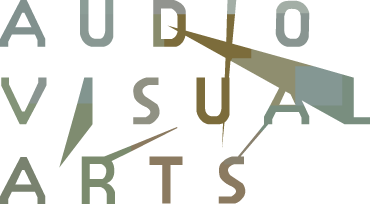


 Art of Sound
Art of Sound
